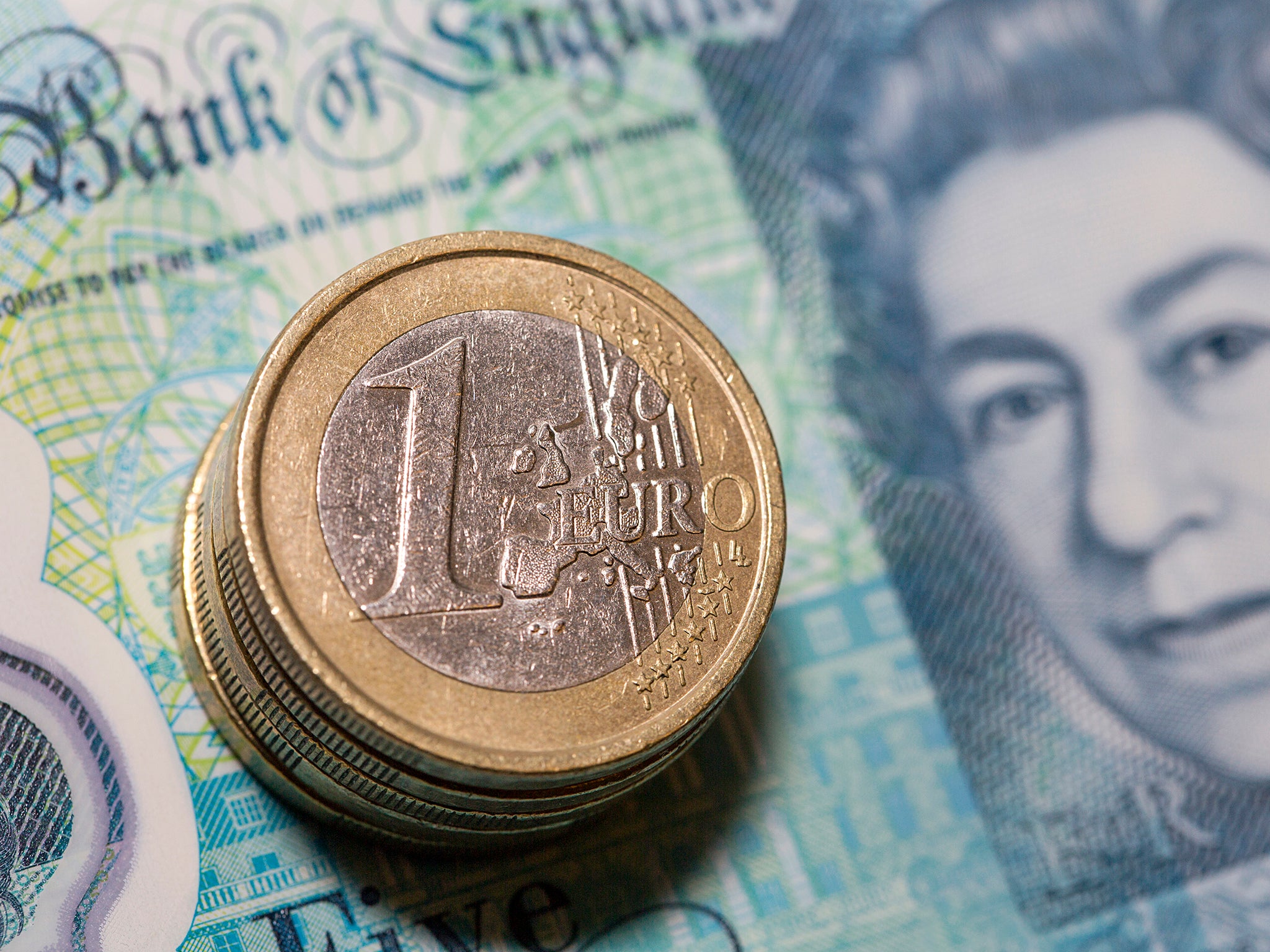The eurozone’s economy once again grew faster than the UK’s in the third quarter of 2017, according to the latest data, confirming the divergence in economic fortunes between Britain and the continent as Brexit approaches in 2019.
Eurostat estimated on Tuesday that the collective GDP of the 19 states of the single currency area grew by 0.6 per cent in the three months to September, faster than the 0.4 per cent growth registered by the UK over the same period.
This follows eurozone GDP growth of 0.7 per cent in the second quarter, when the UK grew by just 0.3 per cent, also the weakest rate in the G7.
On an annual basis the GDP growth divergence was even more stark, with the eurozone expanding by 2.5 per cent in the third quarter while UK growth was just 1.5 per cent.
The eurozone is experiencing a cyclical recovery, after years of rolling financial crisis, while the UK has been hit this year by a rise in inflation stemming from the slump in sterling in the wake of last year’s Brexit vote.
Business investment has also been weak in the UK due to firms’ concerns about trade arrangements after March 2019.
Continental drift
France’s GDP grew by 0.5 per cent in the third quarter, its national statistics agency reported on Tuesday.
The annual rate of growth in the eurozone’s second largest economy was 2.2 per cent, the highest since 2011, driven by consumer spending and business investment.
Meanwhile, eurozone unemployment declined to 8.9 per cent in September, the lowest since January 2009, although still well above the UK’s current rate of 4.3 per cent.
Falling joblessness
Eurostat also reported that inflation in the eurozone fell back to just 1.4 per cent in October, still well below the European Central Bank’s target of just below 2 per cent.
Core inflation, which strips out volatile fuel and energy costs, was just 0.9 per cent.
UK inflation climbed to 3 per cent in September, a five-year high, and the Bank of England is widely expected in financial markets to put up rates on Thursday for the first time in more than a decade in order to curb further price rises.
Subscribe to Independent Premium to bookmark this article
Want to bookmark your favourite articles and stories to read or reference later? Start your Independent Premium subscription today.


Join our commenting forum
Join thought-provoking conversations, follow other Independent readers and see their replies